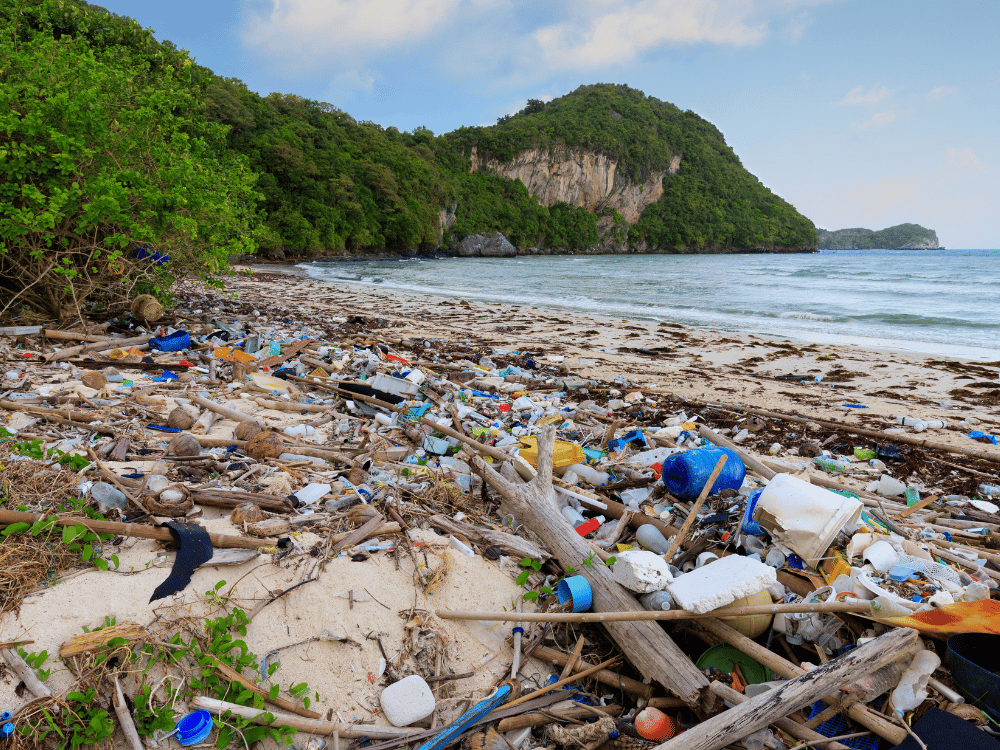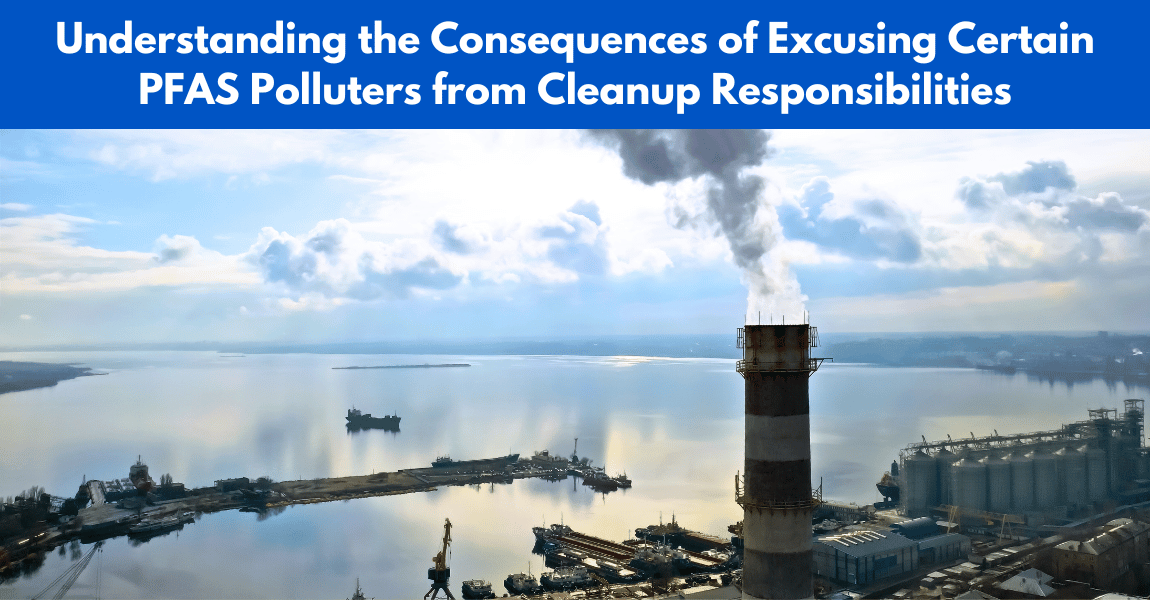Concerning environmental protection and public health, Per- and Polyfluoroalkyl Substances (PFAS) pollution has surged to the forefront in recent times. As legislators debate the possibility of exempting specific PFAS polluters from cleanup duties, it becomes imperative to explore the multifaceted implications of such actions.

The Persistent Hazard Posed by PFAS Compounds
PFAS compounds have gained notoriety for their persistent presence in the environment and detrimental effects on human health. Numerous studies have consistently highlighted the toxic nature of PFAS, demonstrating that even minimal exposure can pose significant risks.
Reputable sources such as the Environmental Working Group (EWG) have underscored that a substantial portion of the American populace faces exposure to PFAS through their drinking water, exacerbating health concerns.

Environmental and financial fallout
PFAS pollution extends beyond health concerns, encompassing environmental degradation and financial strain. Addressing PFAS contamination entails a hefty financial burden, amounting to billions of dollars annually. This strains healthcare systems and overall productivity. Moreover, PFAS pollution poses a grave threat to ecosystems and wildlife, with contamination persisting in water bodies, soil, and the air.
The Critical Role of Accountability in Public Health
Central to this issue is accountability. Granting exemptions to PFAS polluters not only shifts cleanup responsibility onto the public but also undermines the principles of corporate accountability. Such actions convey a disconcerting message about the government's dedication to safeguarding public health and safety, eroding trust in regulatory frameworks.

Advocating for Responsible Measures
Given these concerns, concerned citizens must advocate for responsible decision-making. By voicing our concerns and urging legislators to uphold stringent cleanup requirements, we can ensure companies are held accountable for their environmental footprint. Through collective action and mobilization, we can underscore the importance of prioritizing public health, environmental preservation, and corporate responsibility.

Investing in Water Filtration Solutions
In our endeavor to combat PFAS contamination in water sources, individuals can take proactive steps to safeguard themselves and their families. Investing in water filtration systems capable of eliminating PFAS compounds from tap water is a pivotal measure in reducing exposure. By installing NSF-certified advanced filtration media in water systems, such as reverse osmosis or activated carbon filters, households can effectively eliminate harmful contaminants, including PFAS, from their drinking water.

Upgrade to the Life Sciences Reverse Osmosis System!
Pitcher of Life Purifiers replenishes alkaline minerals while removing sediments, particulates, and PFAS. With NSF 42 and NSF 61 Certified advanced filtration media, our product ensures unparalleled purity and safety. Elevate your drinking water experience with our NSF-Certified filters, prioritizing health and environmental sustainability! Learn More
Conclusion: Upholding Accountability for a Healthier Future
In conclusion, the decision surrounding exemptions for PFAS polluters carries significant implications for public health, environmental integrity, and societal well-being. We must remain steadfast in advocating for policies that uphold accountability and safeguard our collective interests. By resisting exemptions and championing responsible environmental stewardship, we can lay the groundwork for a healthier, safer future for generations to come.

